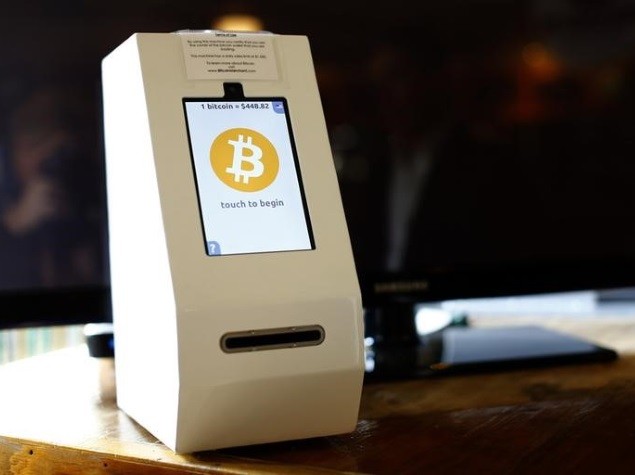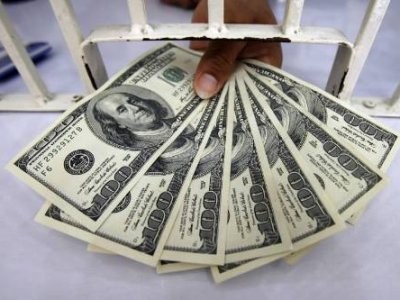How the Government Regulates Exchange Rates
Post on: 12 Май, 2015 No Comment

Since exchange rates are set on the open foreign exchange market. the U.S. government can only indirectly impact exchange rates. In countries like China. where the rate is fixed, the government can directly change the rate. To find out exactly how this is done, see How Does China Affect the U.S. Dollar?
The most direct way for the U.S. government to change the value of the dollar is for the Federal Reserve to raise the Fed funds rate. This increases interest rates throughout the U.S. banking system. reduces the supply of money. and makes the dollar stronger relative to other currencies. If the Fed lowers the Funds rate, then of course the opposite occurs, and the dollar becomes weaker.
The Treasury Department can also print more money, which increases the supply, weakening the dollar. It can also borrow more money from other countries, known as selling Treasury notes. This not only increases the supply of money, but it also increases the debt .
Both of these are in response to expansionary fiscal policies. which typically weaken the dollar by increasing the money supply. However, these policies can also improve economic growth. That often makes investors demand more dollars as a safe haven. It’s like a vote of confidence in the economy. Sometimes this demand is so high that investors overlook the low interest rate they are getting by investing in dollars or U.S. Treasuries. The demand is even greater than the exansion in supply of dollars. For more, see 3 Ways to Measure the Value of the Dollar.
Although the government is powerful in influencing exchange rates, it is still the forex brokers that actually change exchange rates.
How the Government Regulates Foreign Exchange Trading
Forex brokers are regulated by the CFTC (Chicago Futures Trading Commission). It oversees all U.S. forex brokerage companies, enforces its regulations, and prosecutes outright fraud. Its authority was strengthened in 2010 with the Dodd-Frank Wall Street Reform Act

Approximately 95% of the $5.3 trillion traded daily on forex markets are s pot currency transactions, rather than futures transactions. However, since they consist of two day delivery rather than cash, they are considered the same as futures contracts. Therefore, brokers must register as a Commodity Trading Advisor, a Futures Commission Merchant, an Introducing Broker or a Commodity Pool Operator with the CFTC and become Members of NFA. (Source: ForexFraud.com )
U.S. National Futures Association – The NFA is a self-regulating association. All U.S. forex brokers operating for other U.S. clients must register. Its objective is to protect the integrity of U.S. markets and to protect investors from fraud.
In addition, banks are responsible for most of the trades, and they are heavily regulated by the Federal Reserve.
The U.S. Treasury Department is also on the lookout for any price-fixing in forex trading. (Source: Roger Aitken, Who Can Really Police This Global Market?. Forbes. August 11, 2014)














